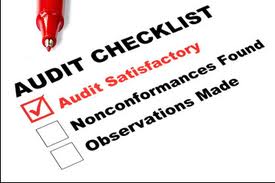Back in May 2016 the Department of Labor (“DOL”) announced that effective December 1st, 2016 employers would have to raise the salary level of exempt employees to $47,476 per year for the employee to still be considered exempt. That is about $900 a week.
Now I am getting panic calls and emails asking me if this means you should increase your mortgage loan originator hourly wages to keep the exemption. So here comes the shocker.
Folks, your mortgage loan originators are NOT exempt. This December 1st rule applies to true administrative employees and managers. Based on last years DOL ruling, this new ruling does NOT apply to mortgage loan originators. MLOs have not been exempt since May of 2015. The MB had sued the DOL to make them exempt, but SCOTUS agreed with the DOL regarding the DOL ruling that MLOs were not exempt because MLOs were involved in sales.
Let’s start out with the history behind the rule.
Under the old administrative exemption of the FLSA, employees who are paid on a salary basis of at least $455 per week (pre-December 1st 2016) may be exempt from overtime compensation if the employee’s primary duty is the performance of office or non-manual work directly related to the management or general business operations of the employer or the employer’s customers, and their primary duty includes the exercise of discretion and independent judgment with respect to matters of significance. Employees in the financial services industry generally meet the duties requirements for this exemption if their duties include work such as collecting and analyzing information regarding the customer’s income, assets, investments, or debts; determining which financial products best meet the customer’s needs and financial circumstances; advising the customer regarding the advantages and disadvantages of different financial products; and marketing, servicing, or promoting the employer’s financial products; provided, however, that their primary duty is not selling financial products.
There’s the rub: provided their primary duty is NOT selling financial products.
So, pretty much, any MLO who is originating cannot be considered exempt any longer. So December 1st does not affect them. It affects non-selling managers and administrative staff. The new level of over $900 a week is real. That is what you should review.
Back to your MLOs. What can you do to protect yourself from being sued for overtime by a disgruntled or opportunistic former MLO?
- Don’t fight the rule but rather have a policy in writing that prohibits any non-exempt employee (which is what the DOL calls your MLO staff) work beyond 35 hours a week unless approved in writing.
- If you enforce this strongly I think this creates a rebuttable presumption for the DOL that you may have used your best reasonable efforts to comply.
- You may experience an MLO who stepped outside his job description if he worked more hours than 35 hours a week without written approval. If you kept an eye on him or her and then they raise this issue, you can counter with an “ultra vires” or “frolic and detour” argument. The key to this is to enforce your policy and keep an eye on your non-exempt employees.
- You would need a procedure in place that creates and monitors regular non-exempt employee time sheets and has your non-exempt employee sign a certification about hours worked under penalty of perjury every pay period, whether they have commission due or not. And you would need to demonstrate you enforce your rule and send people home when appropriate.
SUMMARY: Mortgage Loan Originators are non-exempt employees. As such they are subject to the protections of the overtime rule of the FLSA. If you don’t monitor and manage their hours worked, you can end up in a very bad place. Don’t prohibit overtime; rather require they obtain your pre-approval in writing. Next, monitor every pay period with non-exempt employee certification regarding hours reported. Keep these records carefully. When you find a violator, be able to show you enforce your own rules.
ONE FINAL COMMENT. We are still engaging with plenty of loan originators who think they can be paid as a 1099 contractor. The DOL decision applies the common law definition of employee.
Here you go, compliments of Black’s Law Dictionary. “Black Letter Law”.
“An employee is a person who works in the service of an employer under an express or implied contract of hire, under which the employer has the right to control the details of the work performed.”
So you have a license that requires a sponsor who is paid instead of you, who provides you with documents, compliance overview, and training, and maybe even leads. And you must originate and process your loans under his or her direction. And then, your employer has to pay you from what he is paid, because you cannot be paid directly under the current rules.
If you still think you are independent, you are just not listening. You are an employee.
Respectfully,
Nelson A. Locke, Esq.
Mortgage Industry Compliance Expert
Attorney and Expert Witness
Office (800) 656-4584
Cell (305) 951-2785
http://www.lockelaw.us
http://expertlenderservices.com










